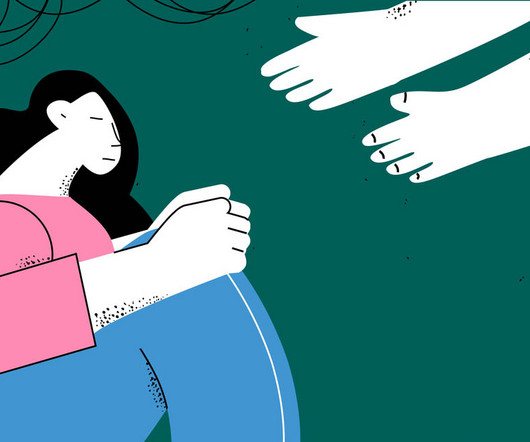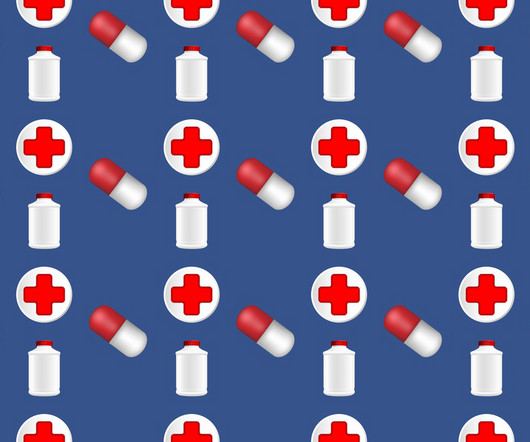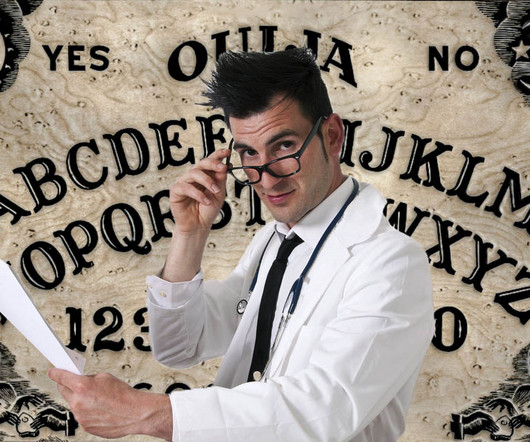Depression: Biological or Psychological?
Mad in America
MAY 29, 2025
Many people also believe the psychiatric drugs prescribed to treat depression are effective because they correct a verified biological causation for depression, a chemical imbalance in the brain. NIMH and psychiatrists have not always explained depression to be genetic (as “running in the family). A psychiatric textbook (Silverman, C.,















Let's personalize your content